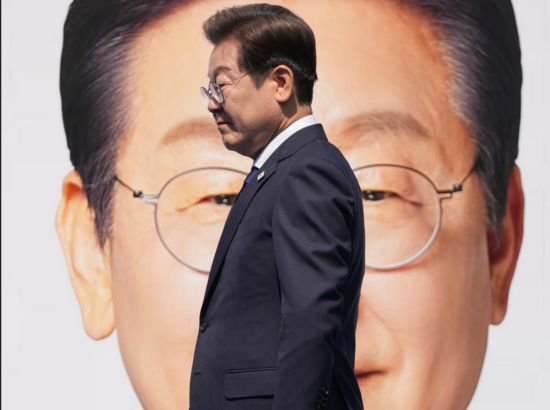
The South Korea presidential election on June 3 marks a fresh start for a country battered by political turmoil. Former president Yoon Suk Yeol’s impeachment continues to hang over the campaign. Now, voters expect leaders to tackle key issues like youth unemployment, housing costs, and economic instability.
South Korea, once a regional economic powerhouse, faces many challenges. These include low growth, an aging population, and ongoing trade tensions. Citizens are calling for a change from political infighting to clear economic policies.
Youth unemployment remains high, while housing costs and wages stagnate. Both presidential candidates—liberal Democrat Lee Jae-myung and conservative Kim Moon-soo—are focusing on economic issues.
Kim Moon-soo, the PPP nominee and former labor minister, emerged as the party’s candidate after a chaotic selection process. He promises to address economic recovery by supporting young families, increasing housing supply, and encouraging private investment. “I want to be a president for livelihoods and the economy,” he said.
However, Kim’s candidacy still faces criticism due to his association with former president Yoon’s failed martial law attempt. Many question whether the PPP can recover from the damage caused by Yoon’s impeachment.
Lee Jae-myung, who narrowly lost the 2022 election, is running again. He faces criminal charges over a property development scandal but has denied all accusations. His trials will not proceed until after the election.
Lee is focusing on economic growth through innovation, tax incentives for families, and revitalizing South Korea’s cultural exports. He also plans to reopen talks with North Korea despite the regime’s nuclear ambitions. Lee campaigns in a bulletproof vest, citing threats to his safety.
The PPP’s internal conflicts have harmed its campaign. Kim’s candidacy was nearly replaced by former Prime Minister Han Duck-soo, but the party reversed the decision. Many PPP supporters are frustrated by the party’s lack of unity.
Recent polls show Lee leading comfortably. One poll gives him 49.5%, while Kim stands at 38.2%. If Kim’s internal struggles continue, Lee may have a clear path to victory.
The South Korea presidential election is more than a choice between two candidates. It is a chance to restore political and economic stability. As the country heads to the polls, citizens hope the next leader will unify the government and guide South Korea through its toughest challenges.